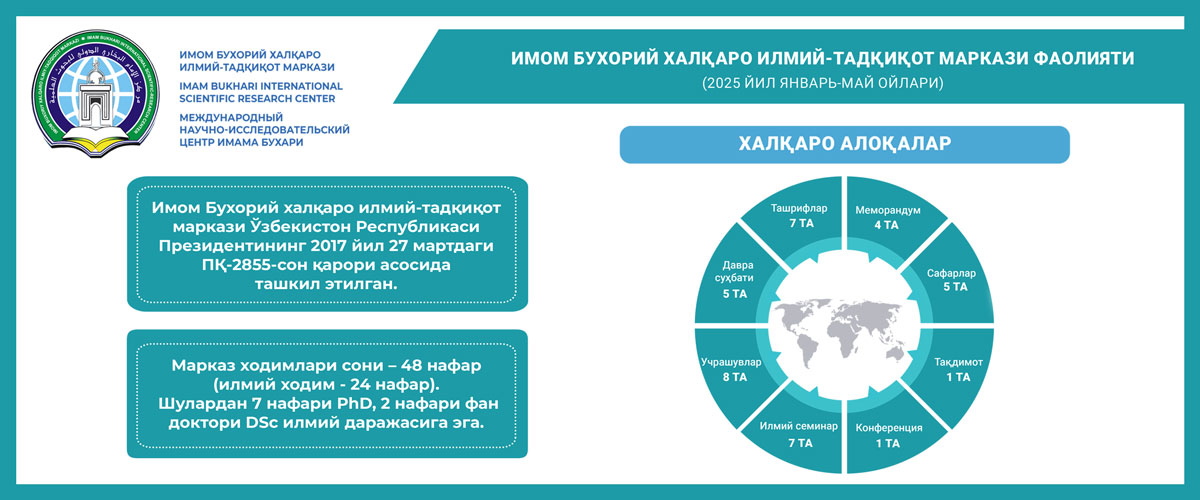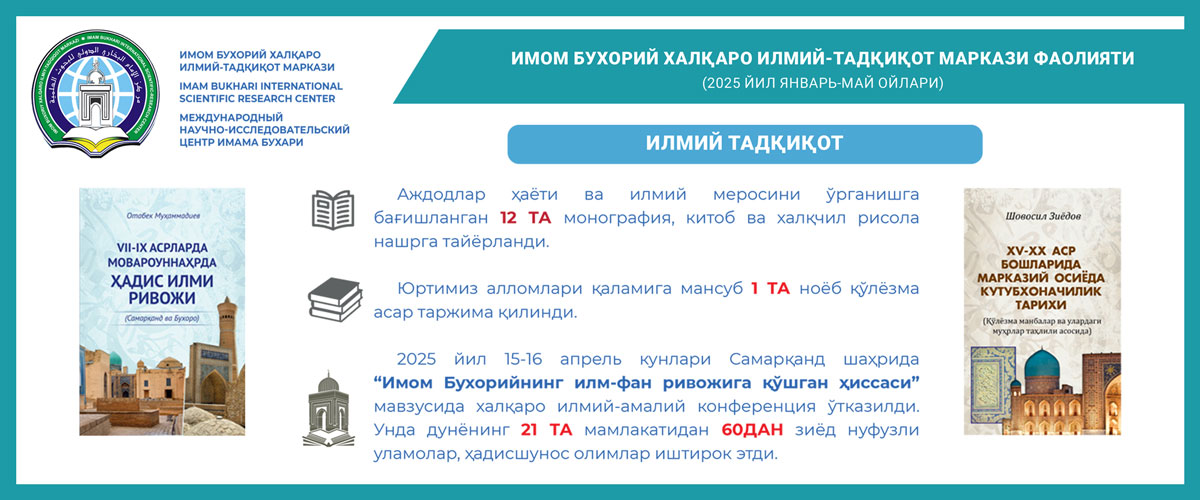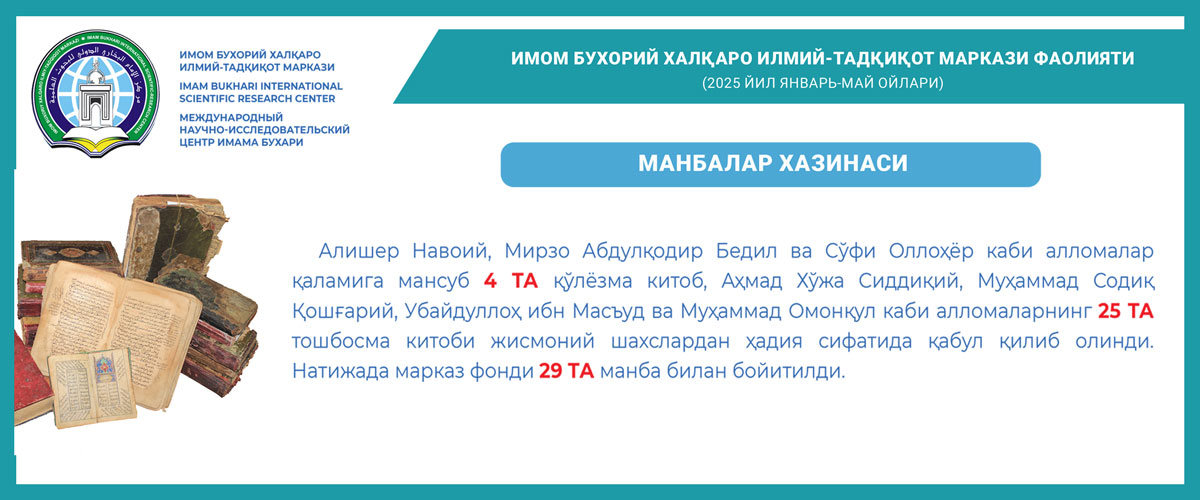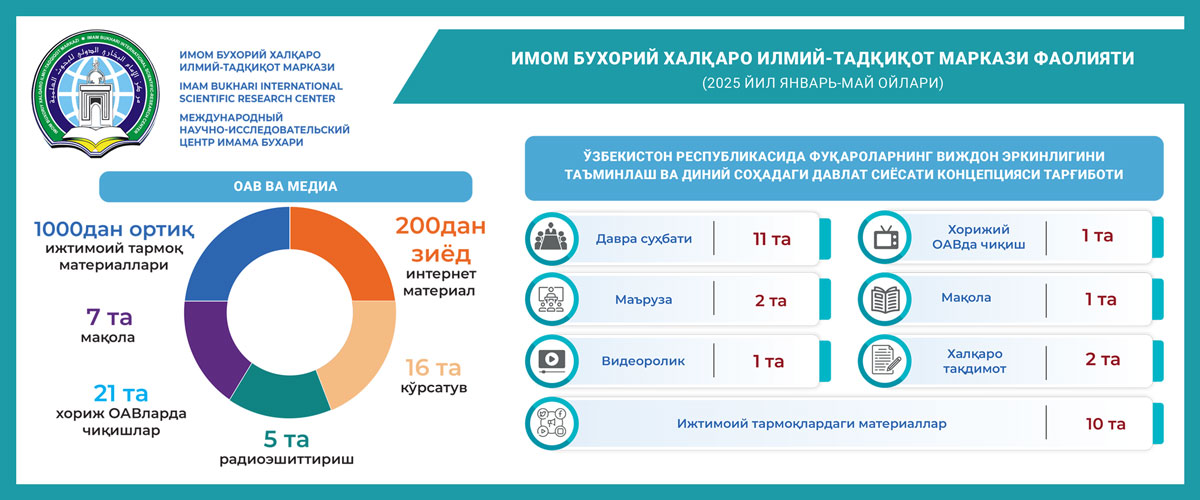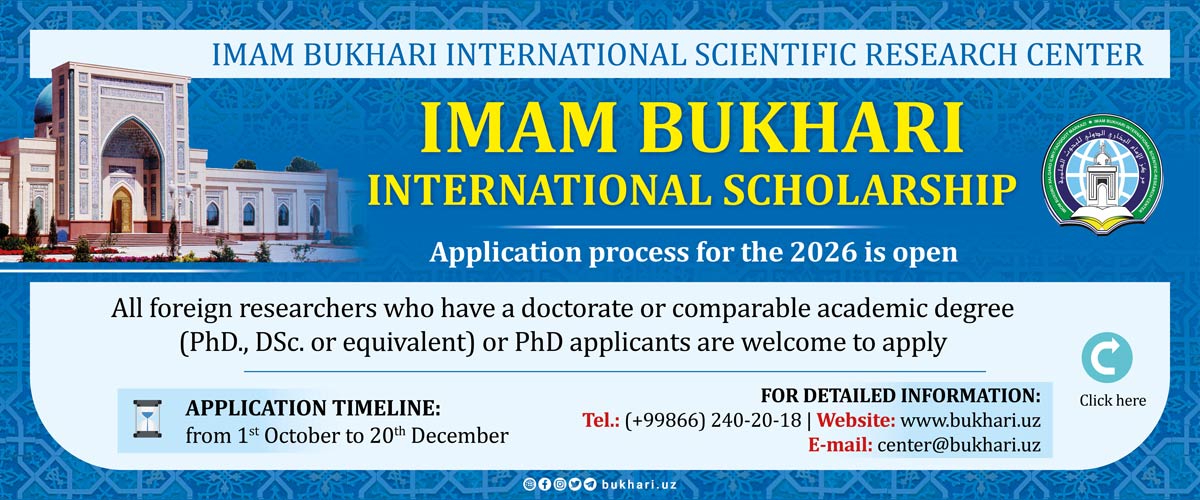- Abu-l-Hasan al-Balkhi. His full name was Ali ibn al-Hasan ibn Muhammad ibn Abu Ja’far Abu-l-Hasan al-Balkhi al-Ja’fari and was famous with the name of al-Burhan al-Balkhi. He was faithful and devoted person. As most of the historical sources inform us, he was one of those scholars who made a substantial contribution to the establishment and development of science and education in most of the Islamic countries. He received primary education in law in Bukhara under the control of his teacher Abdulaziz ibn Umar ibn Moza and other estimated lawyers of his time, and reached the level of an acknowledged scholar in this field. He studied the science of Hadiths in Maveraunnahr from his masters Ibn Moza and Abu-l-Muin an-Nasafi. Having arrived in Mecca, he tried to study and improve his knowledge in Hadiths and law with the help of the well-known specialists in these fields as Vaziyn al-Andari. In 510/516, he came to Damascus and worked at “al-madrasat as-sadiriyya”. During his activity in this madrasah, he took an active part in the heated debates on law and Hadiths with the estimated specialists in these fields. In Damascus, Abu-l-Hasan al-Balkhi gained respect and authority. He was the leader in most heated discussions and debates on the important problems of law and other branches of the Islamic sciences. As he used to disclose the merits and flaws of the viewpoints of his opponents — a group of specialists from the Hanbalia order, they got angry and made up their minds against the views of Abu-l-Hasan al-Balkhi, especially al-Kasani was very jealous of his authority.
As a result of this rivalry, al-Balkhi had to move from Damascus and began to live at the very centre of Baytullah al-Haram. After some time, he met a well-known lawyer Sa’d ibn Ali ibn Abdullah. He persuaded Abu-l-Hasan al-Balkhi to move to Baghdad and they left for Damascus accompanying each other. In Damascus, al-Balkhi was met warmly and with great respect. He began to work at “al-madrasat as-sadiriyya” as a lecturer and, due to his knowledge and scientific potential, he became popular among the learned and ordinary people. In the city, he used to deliver lectures called “majlis al-imlo” where lots of attendants used to take notes from his lectures. Then in order to spread the Sunnah teachings of Prophet Muhammad (saas), he had to leave for Halab city. Because of his lectures and debates he delivered in Halab, the disagreements and differences in the outlooks about controversial problems of legal matters were settled and various parties were united under the teachings of Prophet Muhammad (saas). Gaining great respect and appreciation, Abu-l-Hasan al-Balkhi returned to Damascus. He began to deliver lectures in Damascus that interested most of the people due to which he gained high appreciation and acknowledgement among the public and scholars. However, this authority began to threaten the status and position of the ruler of the city. Very soon, he received orders from the city ruler to leave Damascus. Then he left the city for Basra and lived there for a short period of time. The ruler of Basra showed great respect and appreciation to Abu-l-Hasan al-Balkhi and then sent him back to Damascus.
Abu-l-Hasan al-Balkhi was such a person that if he did not have luck with his affairs, he used to close the door of his room and begin to pray to God. He was a faithful and devoted man to science, education and enlightenment. It was his aim to spread knowledge and enlightenment among people, and he got a lot of pleasure out of this act. He was very close to his friends and scholars of his time. People surrounding him used to listen to and follow his teachings, and afterwards they usually became respectful and enlightened people of the society. Abu-l-Hasan al-Balkhi died
in 548/1153.
- Abu-l-Fath al-Hilmi. His full name was Ahmad ibn Muhammad ibn Ahmad Abu-l-Fath al-Hilmi and was born in 470/ 1078. During his life in Bukhara, he used to attend the lessons organized by such well-known specialists in the Islamic sciences as Qazi Abu-l-Yusr Muhammad ibn Muhammad ibn al-Husain al-Pazdavi, Abu-l-Muin Maymun ibn Muhammad ibn Muhammad an-Nasafi and Sayyid Abu Ibrahim Ismail ibn Muhammad Abu-l-Hasan. There he used to make notes about Hadiths cited by these masters. A well-known historian and scholar Abu Sa’d as-Sam’ani wrote about him the following lines in the chapter titled “Zayl” of his book “Al-Ansab”: “Abu-l-Fath al-Hilmi was a quiet, inoffensive and wise man and sometimes he used to replace the judge (qazi) of the city. On his way to hajj (pilgrimage) to Mecca in 517/1123, he stayed in Bukhara and listened to Hadiths of well-known experts in the science of Hadiths. Later I met him in Balkh and he showed me a thick and large book which contained a collection of his handwritings of Hadiths he had heard from famous specialists in this field”.
Abu-l-Fath al-Hilmi died in 547/1157 on the twenty-first day of the month Safar, on Wednesday.
- Abdurashid al-Valvaliji. His full name was Abdurashid ibn Abu Hanifa Nu’man ibn Abd ar-Raziq ibn Abdullah al-Valvaliji al-Qazi Zahiriddin Abu-1 Fath, and he was one of the leading experts in the Hanafian law. He was born in a small town of Balkh Taharistan called Valvalij in 476/1075. Later he came to Balkh to study law from an acknowledged lawyer of his time Ali al-Burhan. Then he left for Samarkand where he met the scholar Abu Muhammad al-Qastavani and other specialists in the science of Hadiths, attended their lectures and collected Hadiths from them. Then he went to Kesh and stayed there for a short period of time. After that, he came back to Samarkand. Abu-l-Muzaffar Abdurahim ibn as-Sam’ani wrote about him the following lines: “I met Abdurashid al-Valvaliji and used to listen to his Hadiths. Fie was an experienced scholar, lawyer, faithful and wise man with a pleasant look”. He used to attend the lectures delivered by Abu-l-Qasim al-Khalili about the precious book written by a great genius Abu Isa at-Termizi under the title of “Ash-Shamail Rasulullah sall-Allahu alayhi wa sallam”. In Samarkand, a well-known historian as-Sam’ani used to listen to the lectures on this book delivered by Abdurashid al-Valvaliji. He died in 540/1145. He left very nice books titled as “Al-Amali” and “Al-Valvalijiyya”. However, the latter is considered by some specialists to belong to another author.
- Mahmud as-Sagharji. His full name was Mahmud ibn Ahmad ibn al-Faraj ibn Abdulaziz as-Sagharji as-Safadi Abul Muhamid and he was acknowledged as a highly educated imam, an expert in different branches of the Islamic sciences, a highly qualified specialist in law and in the science of Hadiths. Mahmud as-Sagharji was born in 480/1087 in Samarkand. He had a good habit of holding a session of orthography of Hadiths every Thursday morning. One of the attendants of his session was a well-known scholar and historian as-Sam’ani. He also attended the lectures of Mahmud as-Sagharji on the book “Tanbeh al-ghafiliyn” written by Abu-l-Lays as-Samarqandi. He learnt the essence of this book from al-Khatiyb an-Nuhi and, in his turn, the latter cited it from al-Yazdi. Mahmud as-Sagharji died in 560/1165.
- Ali ibn al-Husain as-Sakalkandi.His full name was Ali ibn al-Husain ibn Muhammad al-Balkhi Sakalkandi. He lived in Damascus and later studied law from Imam Abdulaziz ibn Umar ibn Moza in Bukhara. He also studied Hadiths in Damascus from Abu-l-Muin al-Makhuli an-Nasafi. He was very keen on the Islamic sciences and,on the whole,he was busy in disseminating the teachings on science and education. He was a lawyer with special positive peculiarities and faithful believer. He died in 547/1152 in Halab.
The list of the above-mentioned followers and disciples of Abu-l-Muin an-Nasafi may be continued as it contains only a part of them. Nevertheless, this short list and the good deeds of his followers and students prove that Abu-l-Muin an-Nasafi was a scholar of a high scientific potential who had a considerable contribution to the spread and establishment of the Islamic sciences and education. It is perhaps therefore that appreciating his scientific potential, Abu-l-Muin an-Nasafi’s one of the famous followers and disciples Najmiddin Umar an-Nasafi wrote in his book “Al-qand fi zikri ulamai Samarqand” (Sweet Ideas about the Scholars of Samarkand) about Abu-l-Muin an-Nasafi the following lines: “The scientists and scholars of the East and the West absorbed knowledge from the sea of his science and appreciated his scientific career”.
 Imom Buxoriy xalqaro ilmiy-tadqiqot markazi bukhari.uz
Imom Buxoriy xalqaro ilmiy-tadqiqot markazi bukhari.uz
